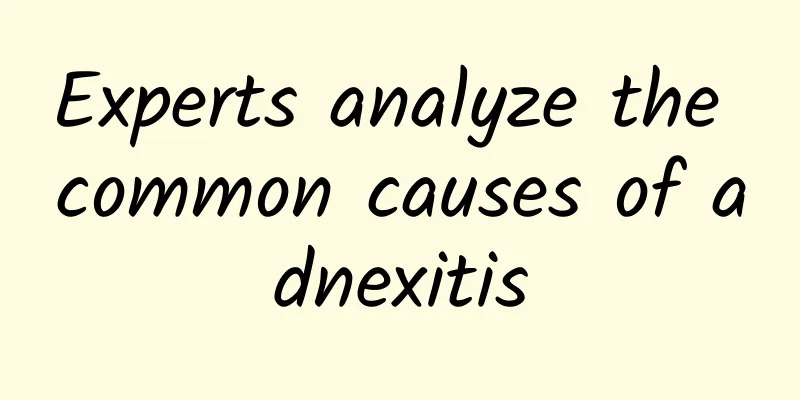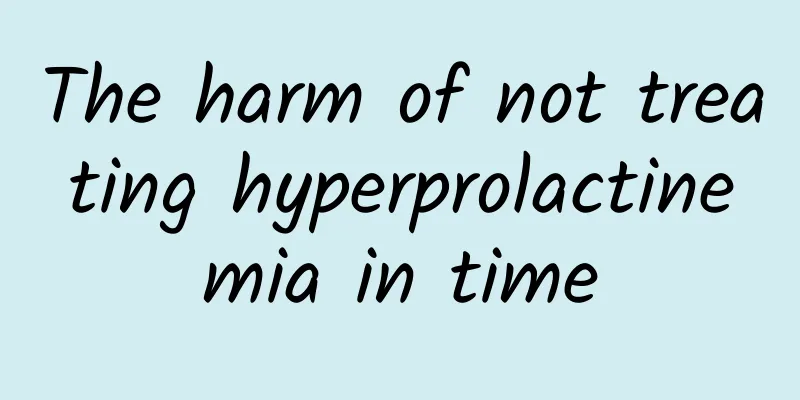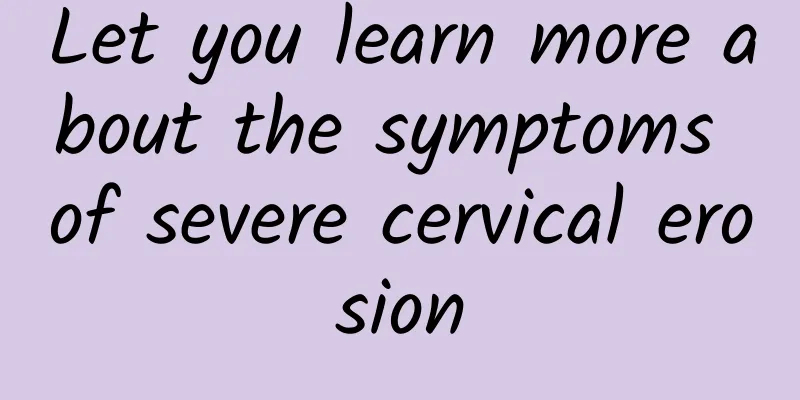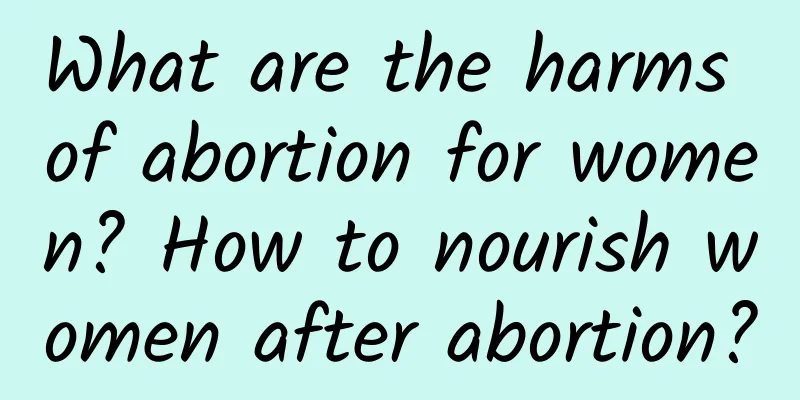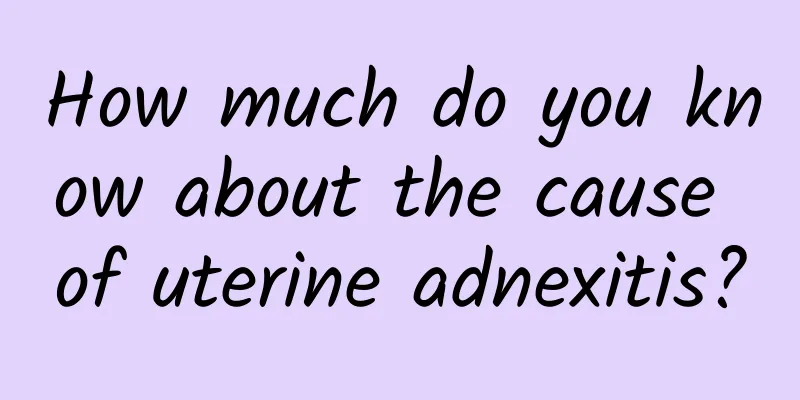Is 12-hour fasting effective and effortless for weight loss? You must know the 4 keys to losing weight in a limited time period
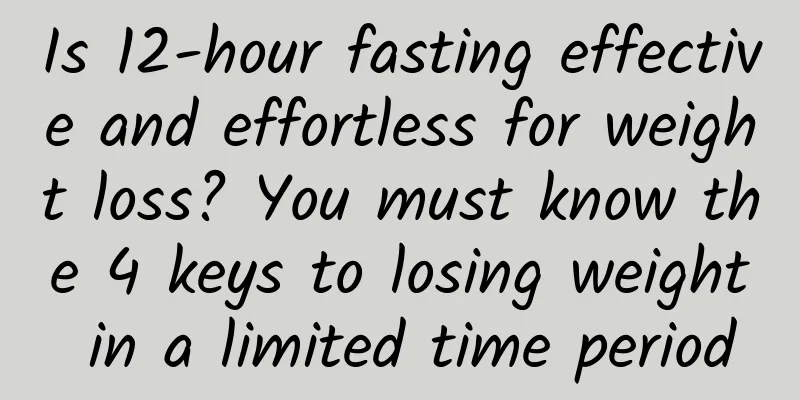
|
Breakfast is the first meal of the day, which can ignite the metabolism of energy for the body that has been dormant for several hours. There is a saying: "Eat breakfast like an emperor", but does one have to eat as much breakfast as a monster? In fact, it is not that you won’t gain weight no matter what you eat. Obesity that cannot be gotten rid of is related to incorrect eating time and food content. German science writer Bass. Bas Kast proposed an effective and effortless method for weight loss. If you limit your eating time to a certain period of time during the day, from 8 a.m. to 8 p.m., and maintain 12 hours of fasting every day, you will not only be more energetic and have better sleep quality, but you will also be able to burn fat, which helps with weight loss and anti-aging. 【Four Keys to Weight Loss in a Limited Time Period】 1. Eating calories earlier in the day is more beneficial for weight loss Whenever we see an overweight person, the first suspicion that flashes through our mind fits this explanatory pattern: this person must eat a lot (too many calories)! In fact, it is not just the number of calories consumed, but also the time when the calories are consumed, so what and when you eat can make a big difference. In one experiment, overweight women were divided into two groups. All women had to follow the same diet with the same (reduced) number of calories, with one difference: the first group ate a large breakfast and a small dinner. The second group did the opposite (simple breakfast and rich dinner). The results: The group that ate a large breakfast lost significantly more weight. In addition, their blood lipid levels at the end of the experiment were much better than those of the other group. This doesn't mean everyone has to cram in a monster breakfast, especially if some people don't feel hungry easily in the morning. Regardless, we should know that, in general, it is more beneficial to consume the majority of calories earlier in the day than later. 2. Morning and noon are suitable for taking carbohydrate "bombs" As mentioned before, not only when and how much you eat is important, but also the timing of eating. German science writer Bass. Bas Kast, in his book "The Science of Eating: New Life-Saving Nutrition to Fight Fat, Disease, and Aging," said that it is best to consume carbohydrate "bombs" in the morning/noon. Because sensitivity to insulin increases in the morning, the body can process the flood of glucose fairly quickly at this time. As evening approaches, the same amount of carbohydrates will only cause more stress on the body. Another reason is the sleep hormone melatonin, whose secretion also follows a day-night rhythm on a large scale. Bright light during the day prevents melatonin from forming. As the sky gets darker, melatonin levels increase and we feel tired. The pancreatic cells that produce insulin are also equipped with receptors for melatonin: as long as melatonin binds to these antennae, insulin secretion is inhibited. It's like the pancreas is asleep. As a result, the ability to regulate blood sugar in the evening and overnight is limited. If we eat a mountain of potatoes late at night when the pancreas is already fast asleep, the risk is that the glucose molecules will "stick" inside our bodies because insulin secretion is weakened and the glucose molecules will circulate in the blood longer than usual. 3. It is suitable to eat more high-fat foods near night. From this perspective, it is ideal to consume healthy carbohydrates, such as whole-wheat bread, cereal, fruit plates, etc., in the first half of the day. In the afternoon, you can consume protein, such as fish fillet with salad and vegetables. Near the evening, you can eat more high-fat foods, such as avocados, nuts, olive oil, cheese, etc. 4. Eating time: 8 am to 8 pm Although it takes some trial and self-experimentation to limit eating times to a certain time of day, I find that the time period between 8 a.m. and 8 p.m. is a good time. So he eats most of his meals within this 12 hour window and fasts the remaining 12 hours. [Benefits of time-limited weight loss] Effect 1: Eating within a limited time can stabilize the body's day and night rhythm One advantage of limiting eating times to certain hours during the day is that we can use this to align with the circadian rhythm dictated by natural light. All organs in our body, right down to our genetic material, are also influenced by the circadian rhythm. Simply put, our organs, intestines, liver, pancreas, etc., are adapted to eating in the morning due to genetic activity, and they genetically expect to have a meal. The cells of the body, like us, cannot do everything at once. At night, when cells are not bombarded with nutrients and do not have to digest them, it is a great time to do some housekeeping, for example. Sticking to a set eating schedule throughout the day can help stabilize and reinforce your body's circadian rhythms and has been shown to improve sleep quality. Effect 2: Long and short fasts The second reason why eating within a time frame is good for your body is because of the breaks you take without eating. We humans were once content with three traditional meals a day. But things are different now. Urban people eat both regular meals and snacks, and they also steal food until late at night. Because we keep dumping tons of nutrients and energy into our cells, they (fueled by insulin, the insulin-like growth factor IGF-1, and mTOR) are constantly in growth mode, which roughly translates to our cells constantly aging. If you don't eat for a while, insulin and IGF-1 levels drop, and mTOR quiets down. The cell begins a beneficial self-cleaning program called autophagy. The body switches from growth mode to maintenance mode. We do a short fasting session in this way every night, during which the body is maintained and "overhauled." There is a great deal of prejudice and half-understanding about mealtimes and fasting. A persistent myth is that people must eat breakfast. Some people consider longer fasts to be harmful, while others see them as miracle cures. If we observe calmly, we can summarize our cognition as follows: If you don’t feel hungry when you wake up in the morning, don’t force yourself to eat breakfast just because you’ve heard that it’s the “most important meal” of the day. In effect, it’s an opportunity to extend your natural fasting phase a little longer. In general, it's better to consume the majority of your calories in the first half of the day, and definitely not right before bed. Insulin sensitivity is highest in the morning We are most sensitive to insulin in the morning. This is when the body is best able to process the rapidly absorbed carbohydrate bombs. The body gradually builds up insulin resistance throughout the day, which means those gratins and pasta dishes are best reserved for midday rather than late at night. Limiting eating times to a certain period of the day, such as from 8 a.m. to 8 p.m., can be therapeutic (for overweight and geriatric conditions). As for eating smaller meals more frequently or two or three larger meals during this time period, it seems to have no effect, either on weight or health. It is important to avoid large meals in the evening and to strictly adhere to fasting at night. Fasting for several days is not harmful to the body. Instead, it will effectively promote self-cleaning (autophagy) of the body's cells. It has been proven to be particularly effective in treating diabetes and rheumatism. There are tips to make fasting a little easier. These people should not fast. Here’s a tip to make fasting a little easier: switch your diet to a low-carb, high-fat diet a few days before your fast. Because once the body lacks carbohydrates, it will switch to fat burning mode. Interestingly, this is somewhat similar to the fasting state, where we also burn fat: when fasting, the body is like taking in a large amount of low-carb food, and the carbohydrate warehouse glycogen will be quickly used up. The body must use stored fat. The body's machinery will now be fueled more by fat than by glucose. A word of caution, some people should not fast at all and should not go without food for more than a few days. This includes pregnant women, breastfeeding mothers and women who are trying to become pregnant. Children should grow, not fast, and neither should the elderly or underweight people, especially since prolonged starvation regimens can sap precious muscle mass as well as fat. |
Recommend
What is transabdominal potassium chloride fetal reduction and what is the operation process of transabdominal potassium chloride fetal reduction?
Transabdominal potassium chloride feticide is an ...
Does abortion affect fertility? It is better to know these gynecological common sense about abortion as early as possible.
Many couples abused contraceptive methods when th...
The risk of abdominal obesity is high
Abdominal obesity is not only a consideration of ...
Analysis of the abdominal breathing method that effectively relieves primary dysmenorrhea
Abdominal breathing is one of the more common met...
What nursing knowledge does pelvic inflammatory disease have
Pelvic inflammatory disease can spread upward fro...
The symptoms of ectopic pregnancy in women can be reflected in the following aspects
Many people panic when they find out they have an...
3 simple exercises to restore your slim waist
Waist circumference is one of the important parts...
Can eating a high-protein breakfast help you lose weight? Study: Body fat will decrease
Can eating breakfast help you lose weight? Many t...
Man suffered shock after liposuction for body shaping, with large abdominal bruises
Nowadays, not only women care about their appeara...
Is severe cervical erosion easy to treat in women? Precautions for the treatment of severe cervical erosion
When people suffer from any disease, they should ...
Brief description: What are the dietary treatment methods after abortion?
According to a survey, autumn is the peak season ...
What should women do if they have cervical erosion?
Cervical erosion is called cervical columnar epit...
Why do you get cervicitis? Experts answer your questions
Experts in our hospital say that there are many c...
A brief analysis of several main types of vaginitis
Vaginitis is a very common gynecological disease....
Are ovarian cysts caused by inflammation?
Are ovarian cysts caused by inflammation? Ovarian...
